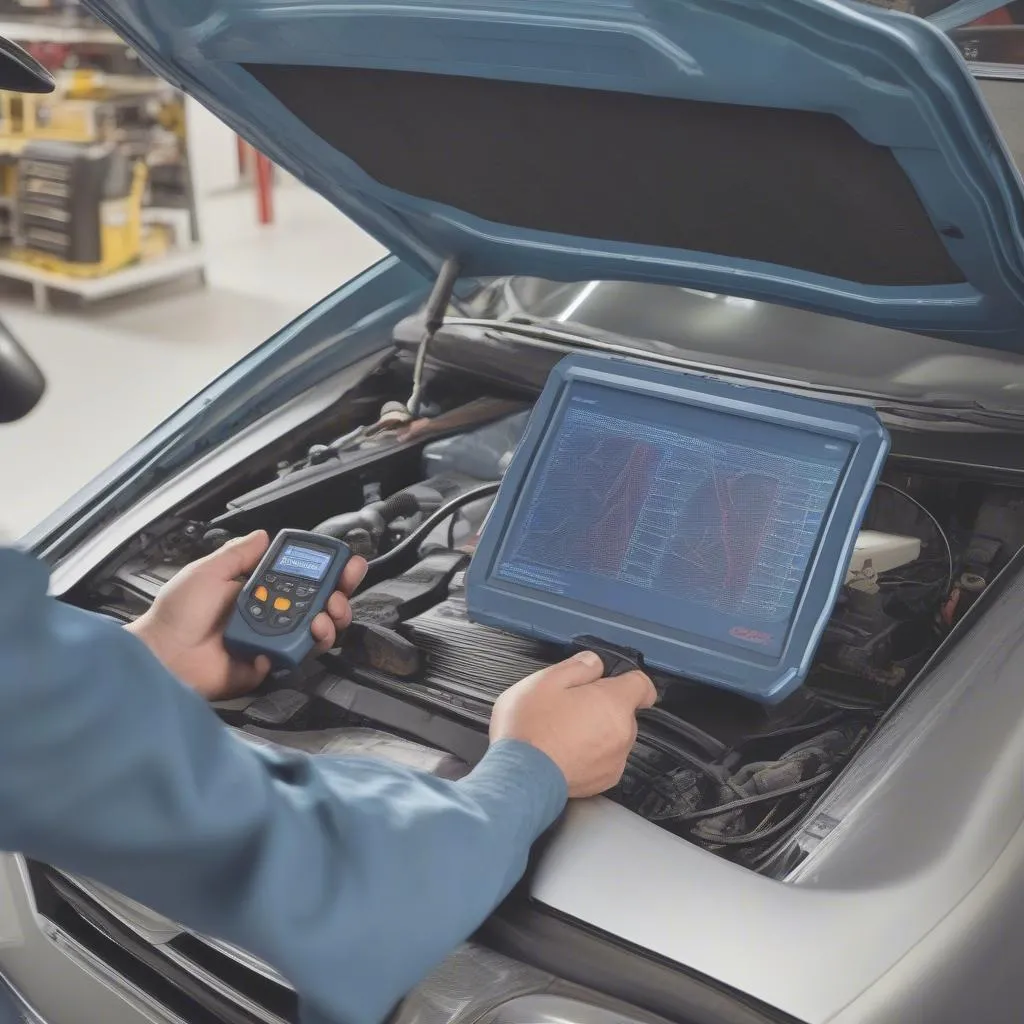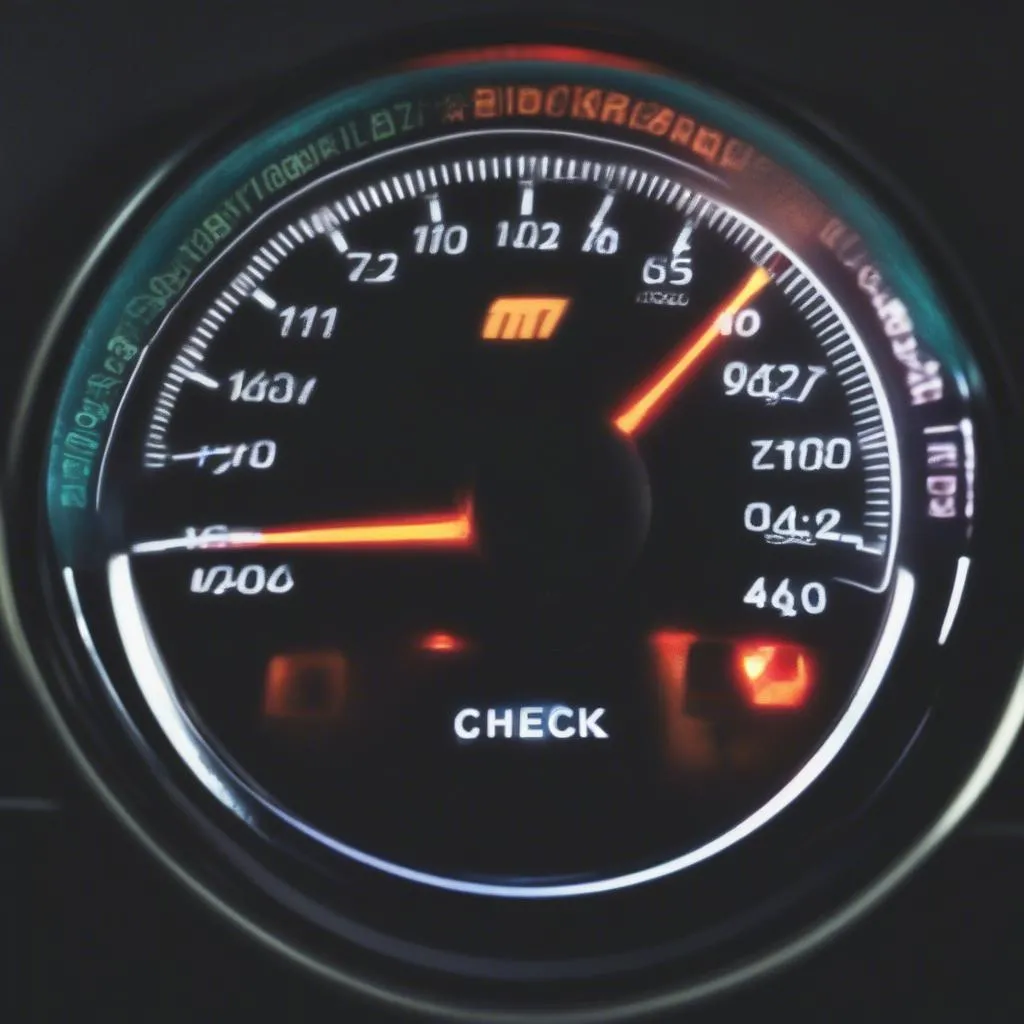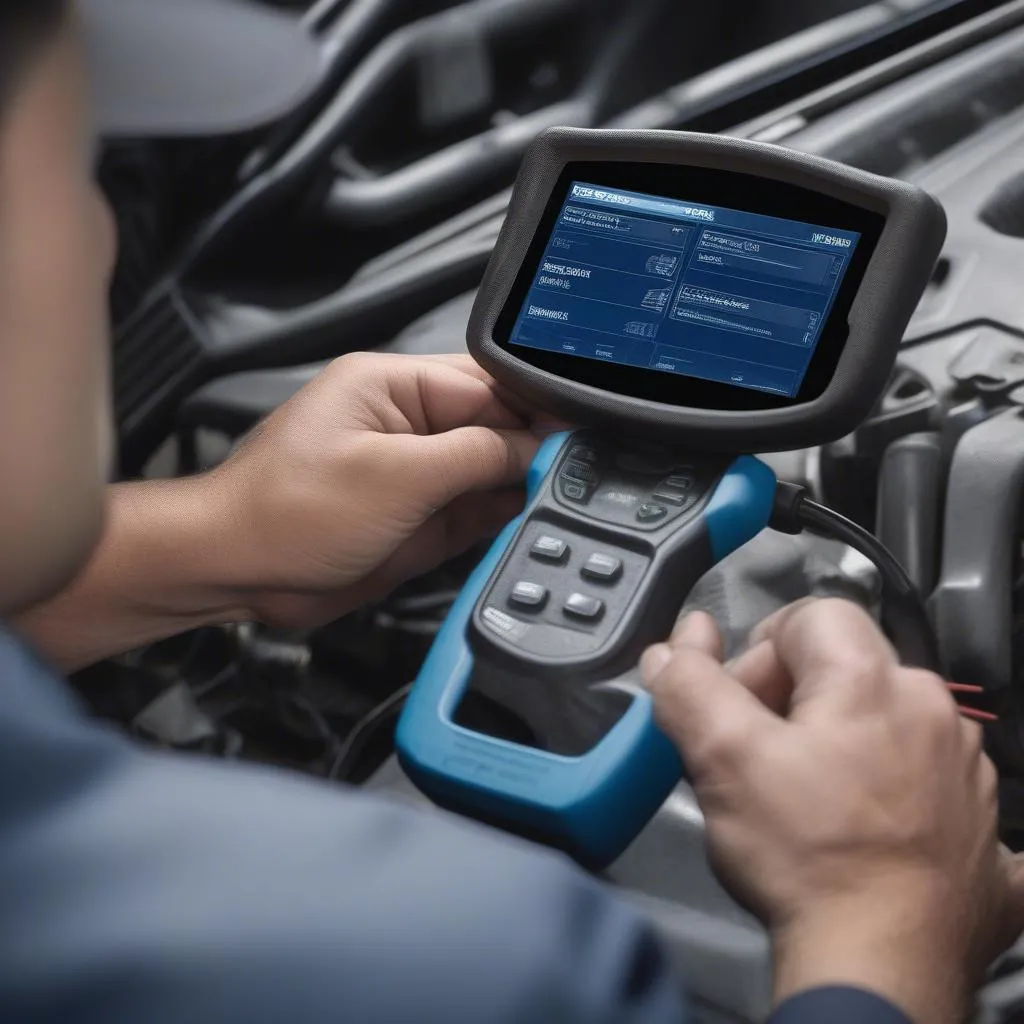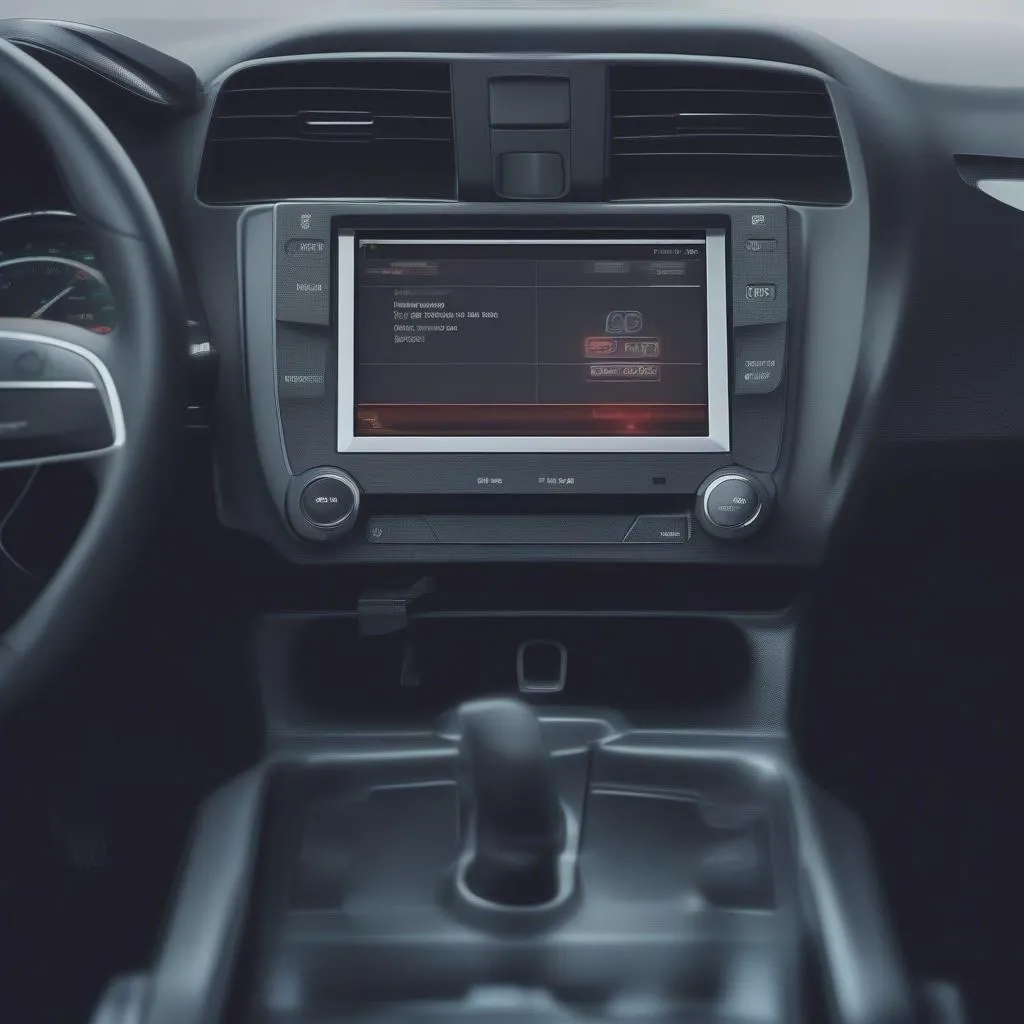Have you ever been frustrated with a check engine light that refuses to go out? Or maybe you’re a car enthusiast who wants to get a deeper understanding of your vehicle’s performance. Whatever the reason, you may be considering purchasing a scan tool, but you’re not sure where to start. That’s where this guide comes in! We’ll walk you through the process of choosing the right scan tool for your needs, so you can diagnose your car like a pro.
Why You Need a Scan Tool
Scan tools are essential for any car mechanic, whether you’re a professional or a DIY enthusiast. They allow you to access your vehicle’s onboard computer system, known as the Electronic Control Unit (ECU). This gives you valuable information about your car’s performance, including:
- Engine codes: These are the messages your car’s ECU sends when it detects a problem. You can use a scan tool to read these codes and get a clear picture of what’s wrong with your car.
- Live data: Scan tools can display real-time data from your engine, such as RPM, fuel pressure, and oxygen sensor readings. This allows you to monitor your car’s performance and identify potential issues early on.
- Clearing codes: Once you’ve diagnosed a problem and fixed it, you can use a scan tool to clear the fault codes from your ECU. This resets your check engine light and lets you know that the problem has been resolved.
Choosing the Right Scan Tool
Now that you understand the benefits of a scan tool, let’s dive into choosing the right one for you. The market is flooded with different options, so it’s crucial to consider a few factors:
1. Compatibility: Make or Model Matters
The most important factor is compatibility. You need to ensure the scan tool supports your car’s make and model. Some scan tools are designed for specific brands, such as those from European manufacturers like BMW, Audi, or Mercedes-Benz. Others are more universal and can work with a wider range of vehicles. For example, if you own a Ford Focus, you’ll want to look for a scan tool compatible with Ford vehicles.
2. Functionality: Do You Need Basic or Advanced?
Once you’ve established compatibility, think about the level of functionality you need. Basic scan tools are ideal for reading and clearing codes, while advanced models offer more features, such as:
- Live data streaming: This allows you to monitor your car’s performance in real-time, making it easier to identify potential problems.
- Bi-directional control: Some advanced scan tools allow you to control your car’s systems, such as activating solenoids or resetting adaptive values. This is especially helpful for more complex diagnostics.
- Coding and programming: These features are typically found in high-end scan tools and allow you to change your car’s settings, such as enabling or disabling certain features.
3. Budget: Setting Your Price Range
The price of scan tools can vary dramatically. Basic code readers can be purchased for under $100, while advanced diagnostic tools can cost thousands. Determine your budget before you start shopping, as it will help narrow down your options. Remember, you don’t always need the most expensive tool; a mid-range scan tool with the features you need can be a great value.
4. User Interface: Easy-to-Use is Key
Even the most powerful scan tool is useless if it’s too complicated to use. Look for a scan tool with a user-friendly interface, clear instructions, and intuitive navigation. Some scan tools come with software that can be installed on a computer, making it easier to access and interpret data.
5. Warranty and Support: Peace of Mind Matters
Always check the warranty and support options before you purchase a scan tool. A good warranty will protect you against defects, and reliable support can help you resolve any issues you might have.
Common Questions about Scan Tools
Here are some frequently asked questions about scan tools:
Q: Can I use a scan tool to diagnose my car myself?
A: Yes, with the right scan tool and some basic knowledge, you can diagnose your car yourself. Many resources, such as online forums and Youtube videos, can help you interpret codes and troubleshoot problems. However, if you’re not comfortable working on your car, it’s always best to consult a professional mechanic.
Q: How often should I use a scan tool?
A: It’s a good practice to use a scan tool at least once a year, or whenever you notice a problem with your car, such as a check engine light, rough idling, or a decrease in performance.
Q: Can I use a scan tool to reset my car’s oil change reminder?
A: Yes, many scan tools can reset oil change reminders, but it’s important to check the compatibility with your specific car model.
Q: What are some of the best scan tools on the market?
A: Here are a few popular scan tools:
- Autel MaxiCOM MK808
- Launch X431 Pro3
- OBDII Scanner from Foxwell
Q: Where can I buy a scan tool?
A: You can purchase scan tools online, at auto parts stores, and at specialty automotive tool suppliers.
Tips for Buying a Scan Tool
- Read reviews: See what other users are saying about the scan tool you’re considering.
- Compare features and prices: Choose a tool that fits your needs and budget.
- Consider a subscription service: Some scan tools offer subscription services that provide access to updated data and software.
- Don’t be afraid to ask questions: Contact the manufacturer or retailer if you have any questions about a specific scan tool.
Conclusion
Investing in a scan tool can save you money in the long run by allowing you to diagnose and potentially fix problems yourself. By following the tips and advice in this guide, you can choose the right scan tool for your needs and become more confident in your ability to maintain your car.
Don’t forget, if you have any questions or need help choosing the right scan tool for your specific vehicle, feel free to contact us at Whatsapp: +84767531508. We have a team of experienced automotive professionals ready to assist you 24/7.
Stay tuned for more articles on diagnostics and car maintenance!
 mechanic using a scan tool
mechanic using a scan tool
 check engine light
check engine light


